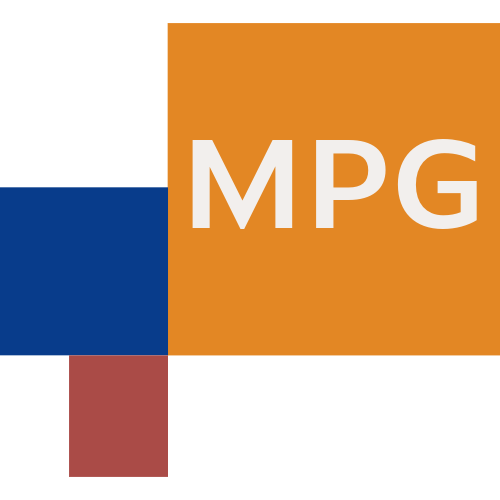menu
menu
Menu
cancel
- arrow_back_iosBacknavigate_nextpersonPersonal
- groupCommunities
- articleBlogs
- eventEvents
- sourceTemplates
- question_answerQuestions
- schoolLearning
- business_centerBusiness
- live_helpFAQ
How do advancements in technology, such as artificial intelligence and blockchain, impact the efficiency and effectiveness of regulatory checks?
What are the potential consequences for companies that fail to comply with mandatory regulatory checks, and how can they effectively mitigate compliance risks?
How can advancements in telemedicine improve accessibility and quality of care for patients, especially in rural or underserved areas?
What are the challenges and benefits of implementing electronic health records (EHR) across different healthcare systems, and how can interoperability issues be addressed?
How do social determinants of health influence patient outcomes, and what strategies can healthcare systems employ to address these factors effectively?
**What is the primary purpose of conducting an internal audit within an organization, and how does it differ from an external audit?
2. **How can an organization's internal audit process be structured to ensure compliance with regulatory requirements and enhance operational efficiency?
3. **What are the typical steps involved in an internal audit, and how should the organization respond to any findings or recommendations made during the audit?
**What are the key components of a company's financial statements, and how do they interact to provide a comprehensive view of the company's financial health?
2. **How can analysts use financial ratios derived from financial statements to assess a company's performance and compare it with industry peers?
